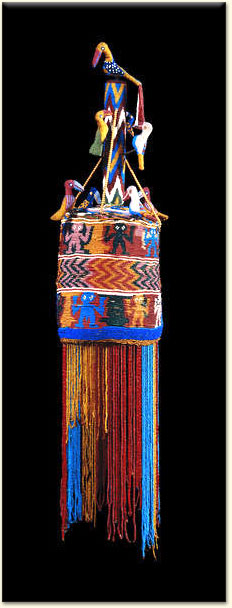I was reading the NY Times:
Leadership Lessons From the Shackleton Expedition
By NANCY F. KOEHN
Published: December 24, 2011
SET against these mistakes is Shackleton’s behavior after the Endurance was trapped. Once he relinquished his first mission, to walk across Antarctica, and embraced the second, to bring all 28 men home safely, his leadership became much more effective.
Shackleton assumed ultimate responsibility for his team. Perhaps he recognized that he was partly to blame for the crisis that befell the Endurance. Perhaps his naval training instilled in him a deep sense of loyalty and obligation to his fellow crew members. The men themselves understood this, and most, in turn, offered him their commitment.
Shackleton devoted himself to a worthy goal. “As soon as I first read about Shackleton, I was struck by how critical a leader’s personal commitment to his or her mission is,” said Lynne Greene, global president of the beauty brands Clinique, Origins and Ojon, part of the Estée Lauder Companies. (Ms. Greene encountered the case when I spoke at a company executive leadership session.
“Shackleton’s team knew that whatever came before them on the ice, their leader would give his all to bring them home alive,” she said. This knowledge, she added, “was crucial to achieving the mission, and this commitment is key today when so much is changing so fast."
Shackleton’s sense of responsibility and commitment came with a great suppleness of means. To get his men home safely, he led them across ice, sea and land with all the tools he could muster. This combination — credible commitment to a larger purpose and flexible, imaginative methods to achieve a goal — is increasingly important in our tumultuous times.A very good article, it illustrates how a business-school-type sees everything through the rosy glasses of an M.B.A., for example, or how a High School English teacher sees everything through their own limited experience of literature. Well, one has to interpret reality some way, and we all do it according to the things we are most familiar with.
But then we, the readers, have to join in to the "pandialogue" (discussion between all) and interpret it according to things we are familiar with, and thus we create our societal intelligence.
I read Shackleton's Endurance twice. He was totally responsible for the situation, not merely "partly to blame", and this points to an interesting phenomenon in our culture: lack of accountability in the "elite" groups which are highly placed in business, commerce, politics, and power.
And it was very clear that Shackleton did not merely commit to his goal. He was an explorer of the same generation as Scott of the Antarctic who, in his last journal entries, stated "We would have come through, had we neglected the sick." Both men had more than commitment to the goal: they had a commitment to success, but not on any terms.
This is what Ms. Koehn's article lacks: the identification of the force which keeps Shackleton and Scott on track, the ethos of faith which denies them the luxury of giving in. There is not the slightest indication of a realization of the force which kept Shackleton and Scott playing their deadly games of life and death in the Antarctic. Beyond their managerial skills in the face of adversity, they remained steadfast, overcoming their own fears and doubts, fears which would have obstructed them from any sort of managerial role.
“Shackleton’s team knew that whatever came before them on the ice, their leader would give his all to bring them home alive,”
This is Faith, and this faith precedes, follows, and is part of the team's evaluation of Shackleton's survival skills and good judgement in a crisis.
Now we turn to ourselves and our own times:
Unaccountable Killing Machines: The True Cost of U.S. Drones
By
Dec 30 2011, 9:49 AM ET
http://www.theatlantic.com/international/archive/2011/12/unaccountable-killing-machines-the-true-cost-of-us-drones/250661/
... This sloppiness with life and death decisions is a substantial moral failing, and should be a huge scandal for President Obama. But, he has decided to both distance himself from it while also taking credit for its successes, even as it focuses on ever less important and marginal figures within the terrorist milieu...
A "moral failing"... do we even understand such quaint notions? No one is "accountable" for the deaths in the above process. Further, we have a new law which allows indefinite detention... and what is that except a further dilution of accountability, a weakening of the standards of prosecution?
All Faith requires accountability. The pressures of our times are the great Winnowing, and that winnowing enforces accountability, for it separates the wheat from the chaff,
I may esteem the survival skills of our leaders and our would-be leaders, but I have no appreciation for their Morality and Faith, for "morality" is no more than a word from the cathechism, and "faith" has become the chameleon's skill to change with change...
... there is an emptiness here which far exceeds that of interstellar space...
--



















No comments:
Post a Comment